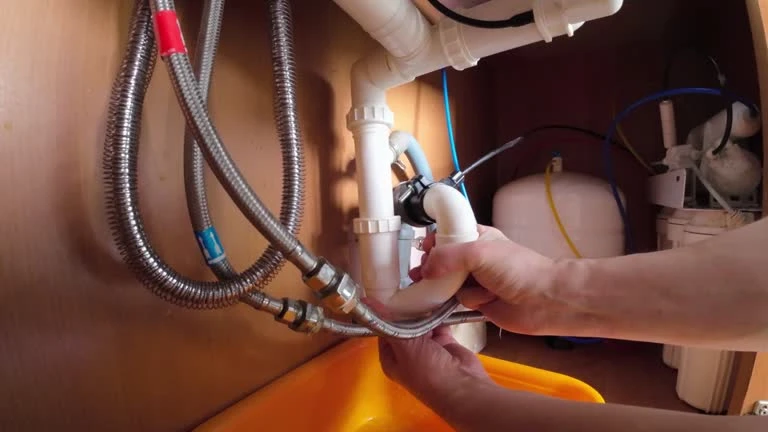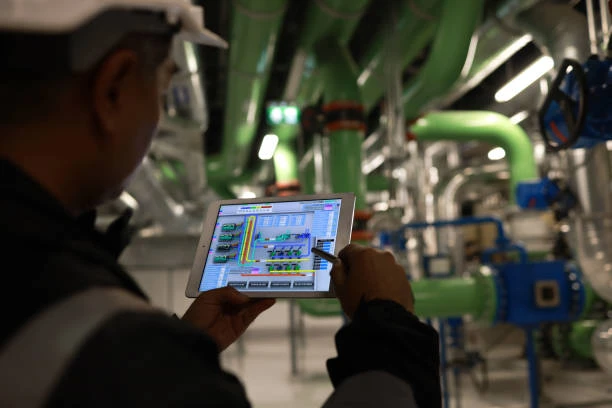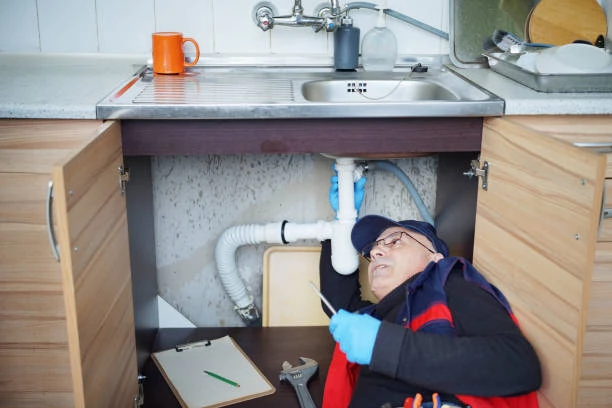Introduction to Ball Valves in Petroleum
Ball valves play an essential role in the petroleum industry. They provide reliable control of fluid flow in various stages of petroleum extraction, transportation, and processing. With their quick-acting mechanisms and durable construction, ball valves ensure efficiency and safety in operations. These valves are particularly important in controlling the flow of oil, gas, and chemicals. A key component used in many critical processes is the metering ball valve. This valve type allows precise control of fluid quantities, ensuring accurate measurement and distribution.
Types of Ball Valves in Petroleum Industry
The petroleum industry utilizes different types of ball valves, each designed for specific functions. Floating ball valves are commonly used in low-pressure applications. These valves feature a ball that moves freely and seals against the seat. On the other hand, trunnion-mounted ball valves are ideal for high-pressure and high-flow applications. The fixed ball provides stability, even under intense conditions. Furthermore, metering ball valves are highly regarded for their precision. These valves are designed to regulate the flow rate and maintain accurate measurements, making them vital for pipeline monitoring and chemical dosing.
Function of Ball Valves in Oil Extraction
In oil extraction, ball valves control the flow of crude oil from wells to storage tanks. They are crucial in maintaining safe and efficient operations. A well-designed ball valve ensures that the pressure remains controlled during extraction. This prevents accidents and keeps the flow stable. The metering ball valve, in particular, helps regulate the precise amount of fluid being transported from the well to the surface. In offshore oil rigs, where conditions can be extreme, ball valves are particularly effective in managing the flow in difficult environments.
Role in Oil Refining Processes
Ball valves are essential in oil refining processes, where they control the flow of liquids and gases through various units. The refining process involves complex operations, such as distillation, cracking, and blending. In each of these stages, ball valves help regulate the movement of fluids, ensuring that the process runs smoothly. Metering ball valves are especially useful in controlling the flow rate of raw materials and finished products. By maintaining accurate measurements, these valves ensure the right proportions and prevent wastage. This is particularly important in blending operations where the correct mixture of chemicals is critical for product quality.
Ball Valves in Pipeline Transportation
Ball valves play a vital role in the transportation of petroleum products through pipelines. They regulate the flow of crude oil, natural gas, and refined products over long distances. By controlling pressure and flow rate, ball valves ensure that products move efficiently without leaks or blockages. Metering ball valves are used in this application to provide accurate measurements of the transported materials. This ensures that the correct amount of product reaches its destination, which is crucial for billing and quality control. Furthermore, the use of ball valves in pipelines reduces the risk of operational disruptions due to their quick shut-off capabilities in case of an emergency.
Safety and Reliability of Ball Valves
In the petroleum industry, safety is of utmost importance. Ball valves provide enhanced safety features by allowing for quick and precise shut-off in case of a leak or malfunction. The metering ball valve is especially significant in maintaining safety during critical operations. Its ability to control flow precisely means that there is less chance of pressure build-up, reducing the risk of accidents. Additionally, the ball valve’s robust construction ensures that it can withstand harsh conditions, including extreme temperatures, pressures, and corrosive substances. This reliability makes them indispensable in the petroleum industry, where the cost of failure can be catastrophic.
Environmental Impact and Ball Valves
Environmental protection is a growing concern in the petroleum industry. Ball valves help mitigate the impact of operations on the environment by ensuring that fluid flows are controlled efficiently. They prevent leaks and spills, which can be harmful to ecosystems. The metering ball valve contributes to this effort by accurately controlling the flow of potentially hazardous fluids, reducing the chances of contamination. Moreover, their use in chemical injection systems helps reduce the release of harmful chemicals into the environment. By maintaining precise flow control, ball valves also contribute to more sustainable operations and compliance with environmental regulations.
Future of Ball Valves in Petroleum Industry
The future of ball valves in the petroleum industry looks bright. As the industry evolves, the demand for advanced, efficient, and safe valve technology increases. Innovations in materials and design will make ball valves even more durable and reliable. The metering ball valve, in particular, will continue to be crucial as industries seek greater precision in fluid control. New technologies, such as smart valves with integrated sensors, will further enhance the performance of ball valves. These advancements will help the petroleum industry meet the growing demands for efficiency, safety, and environmental sustainability.
Conclusion
Ball valves are indispensable in the petroleum industry, from extraction to refining and transportation. They provide efficient, safe, and reliable flow control, ensuring smooth operations across all stages. The metering ball valve is particularly important for precise flow regulation, helping to measure and control fluid quantities accurately. As the industry continues to innovate, the role of ball valves will only grow in importance, especially in maintaining operational safety and environmental responsibility.
IFAN Products international standards
IFAN products strictly adhere to a comprehensive range of international standards, encompassing ISO 15874, EN 15874, ASTM F2389, DIN 8077/8078, GB/T 18742, NBR 15884, ISO 15494, EN ISO 15494, GB/T 19472, NBR 15494, ASTM 2846 (501), DIN 8079/8080 (502), ASTM F441/F441M SCH80 (503), DIN (504), DIN (505), GB/T 18993, AS/NZS 1477, CSA B137.6, NSF/ANSI 14, TIS 17-2532/1131-2535, BS 3505, BS 4346 (801), ASTM D1785 SCH40 (802), ASTM D1785 SCH80 (803), DIN (804), GB (805), GB (806), GB(901), DWV(902), ASTM D2665 (903), along with ASTM D2241, D2665, D2729, and F441/F441M series, ISO 1452, EN ISO 1452, DIN 8061/8062, GB/T 10002, AS/NZS 1477, JIS K6741, CSA B137.3, and other national and industry norms.
Connect
IFAN is a Chinese manufacturer of plastic pipes, fittings and valves with 30 years of experience. If you are interest in IFAN copper fittings, copper valves, plastic pipes and fittings, please contact us. IFAN offers you a variety of standard pipes to meet your specific needs. Click below to learn more about IFAN’s wide range of affordable and cost-effective valve products and piping system related products.
We will reply your email or fax within 24 hours.
You can call us at any time if there is any question on our production.
For more information,pls visit our webside https://waterpipefitting.com/
Pls Mailto: [email protected]
Whatsapp: +86 15088288323














Recent Comments